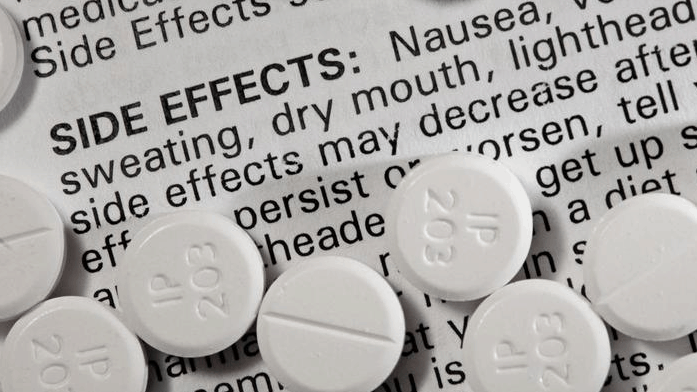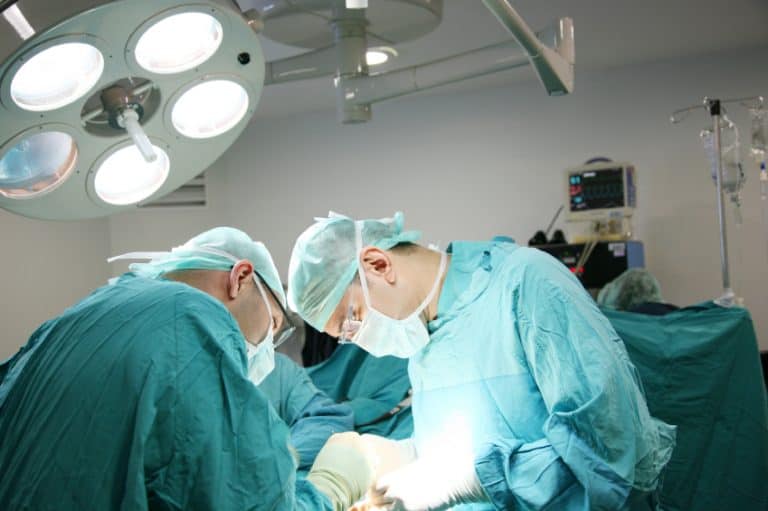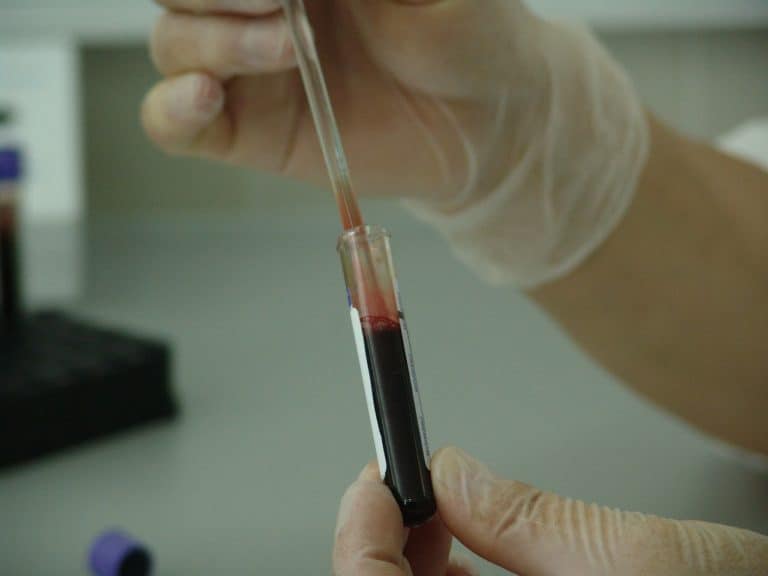If you are considering Provenge as a therapy for your advanced prostate cancer, you need to make sure you understand potential Provenge side effects. Like many other drugs, the side effects associated with Provenge can range from mild to severe.
Most common Provenge side effects
The most common Provenge side effects are flu-like symptoms including:
- Muscle aches and pains
- Joint pain
- Fatigue
- Fever
- Chills
- Headache
- Nausea
Other common (>10 percent of patients) Provenge side effects include:
- Dizziness
- Anemia
- Weakness
Pretreatment with medications like acetaminophen and diphenhydramine prevented many of these side effects. In the clinical trials of Provenge, I.V. ranitidine and meperidine were also successful in decreasing side effects. Additionally, slowing down the infusion rate was another intervention that can lessen Provenge side effects.
More serious Provenge side effects
However, some patients experienced more serious side effects such as infusion reaction a day or two after the treatment. Acute infusion reactions generally included the flu-like symptoms mentioned above as well as:
- Shortness of breath
- Wheezing
- Decreased oxygen levels
- High blood pressure
- Elevated heart rate
These more serious side effects were more common after the second infusion, and about 1% of patients required hospitalization as part of their treatment.
Additionally, cerebrovascular events such as stroke occurred at a greater frequency in patients treated with Provenge compared to placebo (3.5 percent compared to 2.6 percent).
Do I need special monitoring for Provenge side effects
Some populations require close monitoring for Provenge side effects during infusions:
- Patients with cardiac or heart problems
- Patients with pulmonary or lung problems
You also should know that use of Provenge with chemotherapy or other drugs that suppress your immune system has not been studied. As a result, the effects or side effects of combinations of these drugs may not be known.
Provenge side effects: when should I see my doctor
The following Provenge side effects are rare, but should trigger you to see a healthcare provider right away:
- Allergic reaction like hives, blistered, or peeling skin
- Any sign of infection
- Trouble breathing
- Fast heart rate
- Rash
- Significant joint, muscle pain, or any of the milder symptoms previously mentioned that do not improve or significantly worsen.
Provenge is a very useful treatment for some patients with prostate cancer. You need to make sure you understand what you need to know and do about Provenge side effects.
Read more in our Prostate Cancer Health Center.
References
Beer TM et al. Randomized trial of autologous cellular immunotherapy with sipuleucel-T in androgen-dependent prostate cancer. Clin Cancer Res 2011; 17(13):4558-67.
Burch PA et al. Priming tissue-specific cellular immunity in a Phase I trial of autologous dendritic cells for prostate cancer. Clin Cancer Res 2000, 6(6):2175-82.
Burch PA et al. Immunotherapy (APC8015, Provenge®) targeting prostatic acid phsophatase can induce durable remission of metastatic androgen-independent prostate cancer: a Phase 2 trial. Prostate 2004, 60(3):197-204.
Higano CS et al. Integrated data from 2 randomized, double-blind, placebo-controlled, phase 3 trials of active cellular immunotherapy with sipuleucel-T in advanced prostate cancer. Cancer 2009; 115(16):3670.
Provenge Package Insert. FDA website. Downloaded April 16, 2013.







